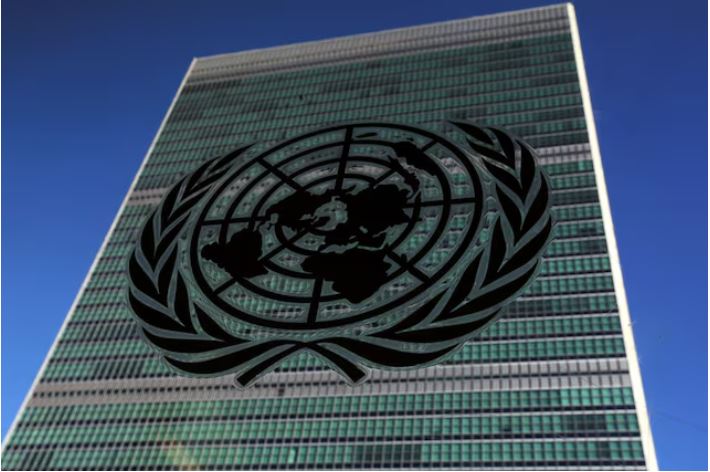The US yesterday said it would consider candidates from around the world to be the next UN secretary-general, a move that could irritate Latin American countries who believe it is their turn to provide a leader for the world body.
The 10th UN secretary-general will be elected next year for a five-year term starting on January 1, 2027. The job traditionally rotates among regions and next on the list is Latin America and the Caribbean.
“We believe the process for selection of such an important position should be purely merit-based with as wide a pool of candidates as possible,” said Deputy US Ambassador to the UN Dorothy Shea. “With this in mind, the United States invites candidates from all regional groupings.”
The race will formally start when the 15-member Security Council and the president of the 193-member General Assembly send a joint letter by the end of this year soliciting nominations. Candidates are nominated by a UN member state.
“We maintain the hope that during this process, the leadership experience and profiles from the developing world will be duly recognised for this vital position, particularly from the Latin American/Caribbean region,” Panama’s Deputy UN Ambassador Ricardo Moscoso told the Security Council yesterday. Panama is serving a two-year term on the council.
Ultimately the permanent five veto-wielding powers of the council – Britain, China, France, Russia and the US – have to agree on a candidate.
Russia’s UN Ambassador Vassily Nebenzia told Reuters that it was a tradition, not a rule, that the position of secretary-general be rotated among regions.
“Latin Americans have all the moral reason to claim this term, but it does not prevent candidates from other regions to step in if they want to,” he said. “My criteria is merit.”
“I don’t mind a woman who will win it on merit, but merit comes first. Merit comes before gender,” Nebenzia said.
There is a growing push for the United Nations to choose the first female secretary-general.


&uuid=(email))